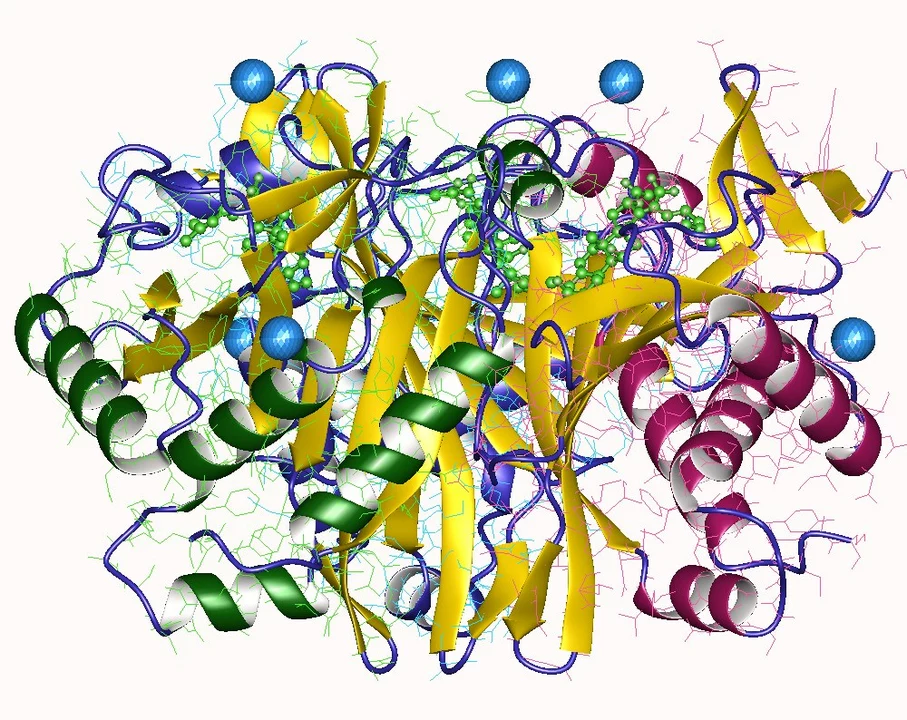Enzymes — Practical Guide to Digestive & Supplement Support
Enzymes quietly run key parts of your body — digestion, energy production, and drug breakdown. Missing or weak enzyme activity can mean bloating, slow healing, fatigue, or unpredictable reactions to medicine. This page gives straightforward ways to spot enzyme issues, improve digestion naturally, and decide when a supplement might actually help.
What enzymes do and how to notice problems
Enzymes are proteins that speed up chemical reactions. Digestive enzymes break down carbs, fats, and proteins so your body can absorb nutrients. Other enzymes help clear drugs, repair cells, and control inflammation. Signs that enzymes aren’t keeping up include frequent gas, loose stools after fatty meals, unexplained tiredness, or poor recovery after illness.
Not every stomach problem is an enzyme issue — infections, food intolerances, and gut bacteria also play a role. A simple first step is tracking which foods trigger symptoms and how soon they appear after eating. If fat-rich meals cause consistent trouble, pancreatic enzyme insufficiency or low lipase activity could be involved. If symptoms persist, a lab test or breath test can confirm enzyme-related problems.
Practical ways to support enzyme health
Eat enzyme-friendly foods. Pineapple (bromelain) and papaya (papain) contain natural protein-digesting enzymes. Fermented foods like yogurt, kefir, kimchi, and miso bring live enzymes and helpful bacteria that improve digestion. Raw fruits and veggies have active enzymes that slowly deactivate with cooking, so balance cooked and raw meals based on what your stomach tolerates.
Consider targeted supplements only when needed. Digestive enzyme blends (lipase, amylase, protease) can ease occasional bloating and improve nutrient absorption. Proteolytic enzymes such as bromelain are used for inflammation and post-injury recovery. Always start with a low dose, take enzymes with meals when digestion is the goal, and watch for improvement over a week or two.
Mind interactions and safety. Enzyme supplements can affect medications — for example, proteolytic enzymes may alter blood-thinning effects. If you are on anticoagulants, have a bleeding disorder, are pregnant, or have severe allergies, check with your healthcare provider before trying supplements.
Small lifestyle moves help a lot. Eat slowly, avoid overeating, limit sugary processed foods, and keep alcohol moderate — all reduce enzyme demand and gut stress. Hydration and regular movement also support digestion and enzyme efficiency.
Want more on supplements that touch enzyme activity? Read our pieces on colloidal minerals and brown algae for mineral support, and marshmallow supplements for soothing the gut. If you’re exploring brain or herbal options, see articles on homotaurine and wild indigo for broader wellness context.
If symptoms are persistent or severe, don’t wait — get tested and work with a clinician to tailor treatment. Enzyme issues are often fixable with the right food, lifestyle tweaks, or targeted supplements, and you’ll usually feel better within weeks when the cause is addressed.
